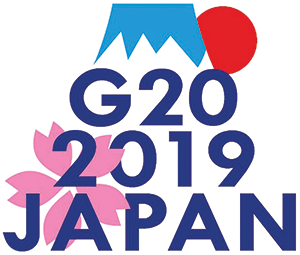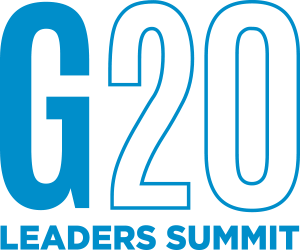editorial



editor-in-chief
Cat Company, Inc.
We are thrilled to collaborate with the London School of Economics and the Global Policy Lab again, to produce a publication focused on how leaders from the policy, diplomatic, business communities as well as civil society are offering solutions to some of the most intractable challenges facing the G20 members as well as our world at large.
We are particularly proud to have the support of Japan’s organizing committee in distributing our publications to the attending leaders at the G20 Summit for this year’s increasingly relevant and important forum of global leaders—a testament to our longevity in the field and our team’s tireless efforts to produce a publication by the leaders for the leaders for more than two decades now.
Global financial transparency, climate change, automation and the future of work, agriculture and food security, health, wealth, and so much more. The agenda for the G20 Summit continues to be ever ambitious. The issues at hand are as big as ever and bubbling at the heels of major political upheavals and key elections in the Americas, Asia, and Europe. Despite its shortcomings, the G20 remains a key forum for managing the global economy. And unlike its sister organization, the G7, the G20 includes both developed and developing economies in its membership, which allows for more inclusion and collaboration. This year, with Japan’s presidency, we note a continuation of the work that member states have started since the UN Sustainable Development Goals (SDGs). In fact, we see that SDGs have guided the G20 agenda, making this year’s summit even more inclusive to the goals and needs of the entire world, not just the most fortunate.
As I have said before, even though the G20 was the result of the financial crisis in 2008, the institution has adopted a proactive approach to future crises. Initially a diagnostic venue, the G20 has now evolved into a “wellness clinic” where issues are debated and looked at from a future-forward vantage point. The members are looking to prevent and mitigate, not just “cure” after the fact. For that reason, the articles you see in this edition—curated always carefully to include voices from a multitude of disciplines and expertise—tend to take a futurism tone. The authors are not just diagnosing the issues, they are offering innovative solutions that defy established expectations. They have imagined a world where the rules can be remade to ensure an abundant future for all and where a future G20 is not just grappling with problems but it is managing prosperity better.
We hope you enjoy reading the selection of articles for this edition and always feel free to contact us with your comments and feedback.